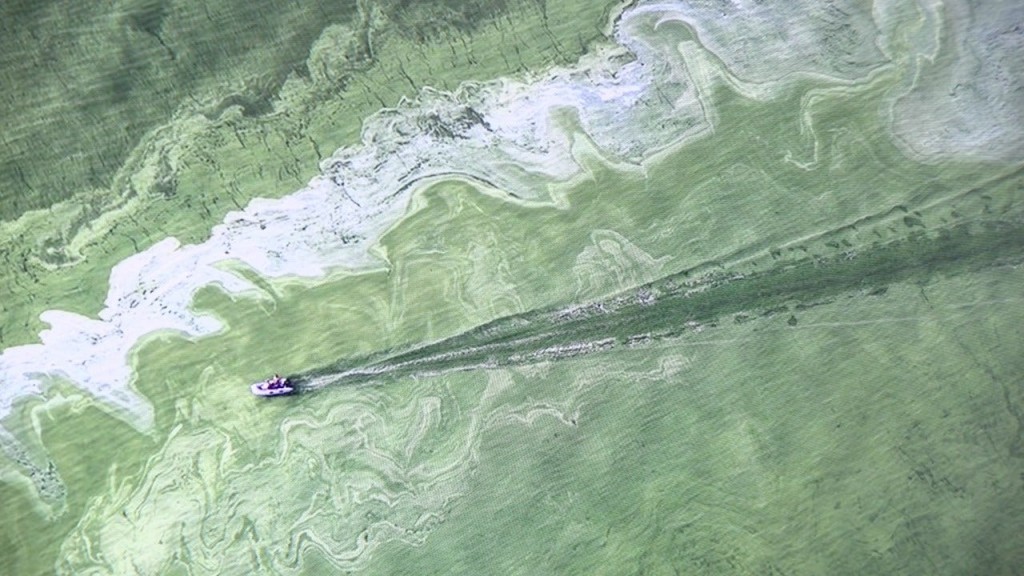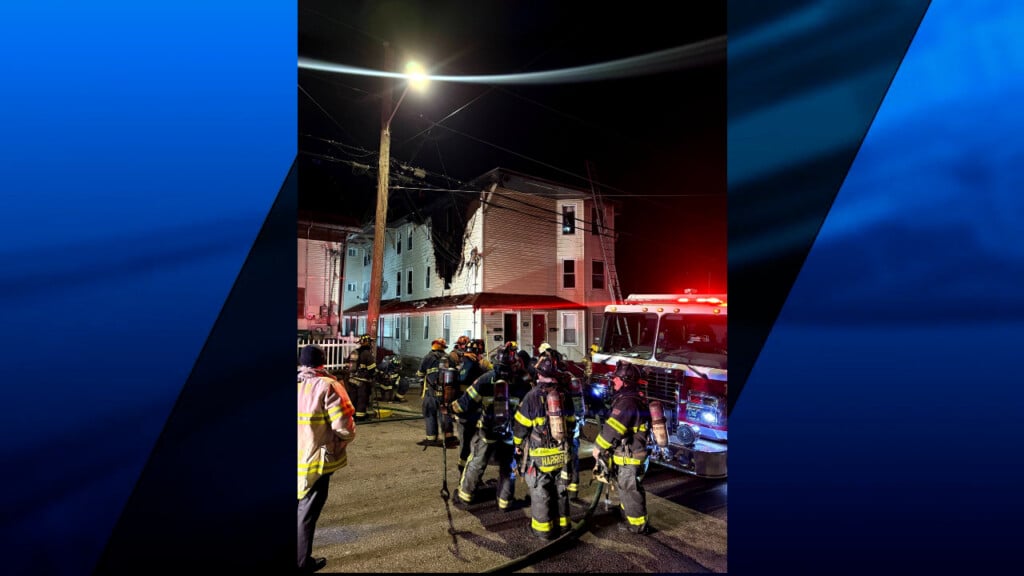UPDATE: RI Dept. of Health 5 ponds remain closed, due to toxic algae

By: News Staff
news@abc6.com
PROVIDENCE, R.I. – The Rhode Island Department of Health (RIDOH) confirmed Wednesday that multiple ponds in Rhode Island are still closed.
RIDOH and the Rhode Island Department of Environmental Management (RIDEM) issued a press release Friday Aug. 19th, advising people to avoid contact with certain ponds across the state that have reported blooms of blue-green algae (or cyanobacteria).
The ponds with reported blooms are: Watson Reservoir in Little Compton, Lawton Valley Reservoir in Portsmouth, Warwick Pond, in Warwick, Sisson Pond in Portsmouth, and North Easton Pond in Middletown.
The advisory issued earlier this summer for those ponds remains in effect.
Blue-green algae can produce toxins that can harm humans and animals and people are advised not ingest untreated water or eat fish from those ponds.
Due to the fact that pets can be affected by exposure to algal toxins, owners should not allow pets to drink or swim in the ponds listed above.
This advisory will remain in effect until further notice.
Contact with water containing cyanobacteria can cause irritation of the skin, nose, eyes, and/or throat.
If algal toxins are ingested, health effects can include stomach ache, diarrhea, vomiting, and nausea.
Rarer health effects include dizziness, headache, fever, liver damage, and nervous system damage.
People who have been swimming in, or have otherwise been in contact with, these ponds who experience symptoms should contact their healthcare providers, and in the meantime, should rinse their skin with clean water as soon as possible, bathe, and wash their clothes.
If a pet comes in contact with this water, the pet should be washed with clean water.
Do not let the animal lick algae off of its fur.
Authorities advise to call a veterinarian if the pet shows any symptoms of blue-green algae poisoning, which include loss of energy, loss of appetite, vomiting, diarrhea, or any unexplained sickness that occurs within a few days of contact with the water.
Blue-green algae blooms may look like green paint or thick pea soup and toxins may persist in the water after a blue-green algae bloom is no longer visible.
To report suspected blue-green algae blooms, contact DEM’s Office of Water Resources at 222-4700 or DEM.OWRCyano@dem.ri.gov.
© WLNE-TV / ABC6 2016



